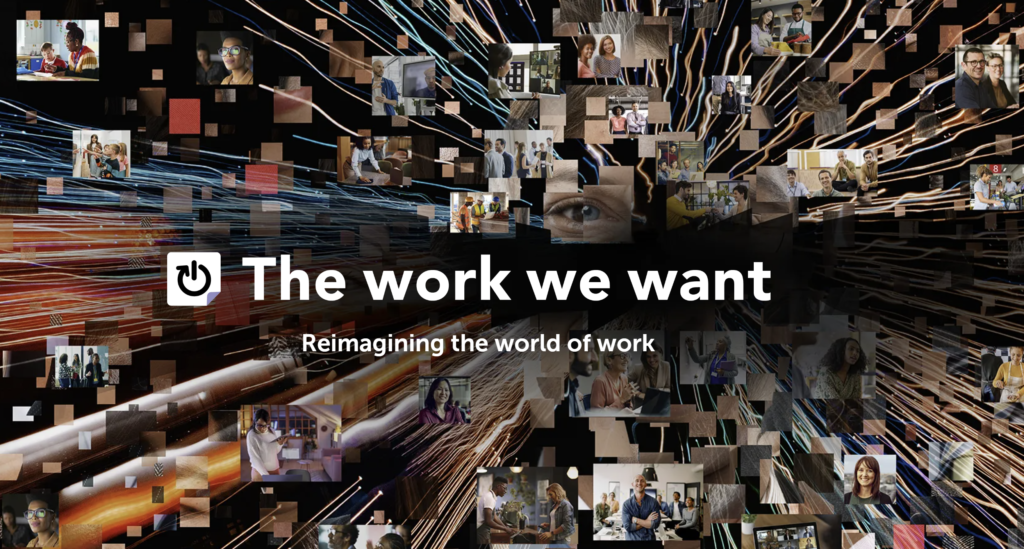Published on 20th May 2024
According to a global survey of more than 700 business leaders from private and public organisations, flexibility has become a non-negotiable in the world of work and this unstoppable trend is now forcing policymakers to rethink the regulatory frameworks. The end game is to shape sustainable new models of work, delivering a win-win situation for workers, companies and society as a whole.
“The Work We Want” global research conducted by the World Employment Confederation with the support of FT Longitude looks into the reality of managing the new flexible workforce, as well as the policy reforms needed to protect businesses and workers in the new world of work. Flexibility has become a must as to where and when people work but it’s also emerging in how people think about their work over the course of a career. The survey reveals:
A framework for sustainable flexibility
Adapting labour regulation to these new expectations is vital as the survey also shows that only 38% of business leaders feel fully empowered to get the optimal mix between diverse forms of work and 37% to recruit agency workers at the scale they would like.
“In the past, we had to adapt our life to fit it in with our work. Today, that script has flipped: we expect our work to adapt to our lifestyle and our life stage,” analyses Denis Pennel, Managing Director of the World Employment Confederation. “Creating and embedding truly sustainable flexibility demands a new paradigm and creates a need for policymakers to ensure that legal frameworks recognise the value of diverse forms of work. Labour market reforms are needed to both offer workers more diverse ways of working and a rewarding experience, regardless of their contract – and meets the resourcing and talent needs of business.”
“The Work Life We Want” is the final chapter of “The Work We Want” project. In its first chapter, the project examined how tech disruption has been a rollercoaster for businesses in recent years and particularly how Artificial Intelligence is completely changing how companies think about their talent needs and strategies. In the second part, the research focused on the talent gap and analysed why traditional recruitment strategies are no longer fit for purpose and which new workforce management solutions are emerging.
“The Work We Want” Initiative: Let’s Talk about Work
